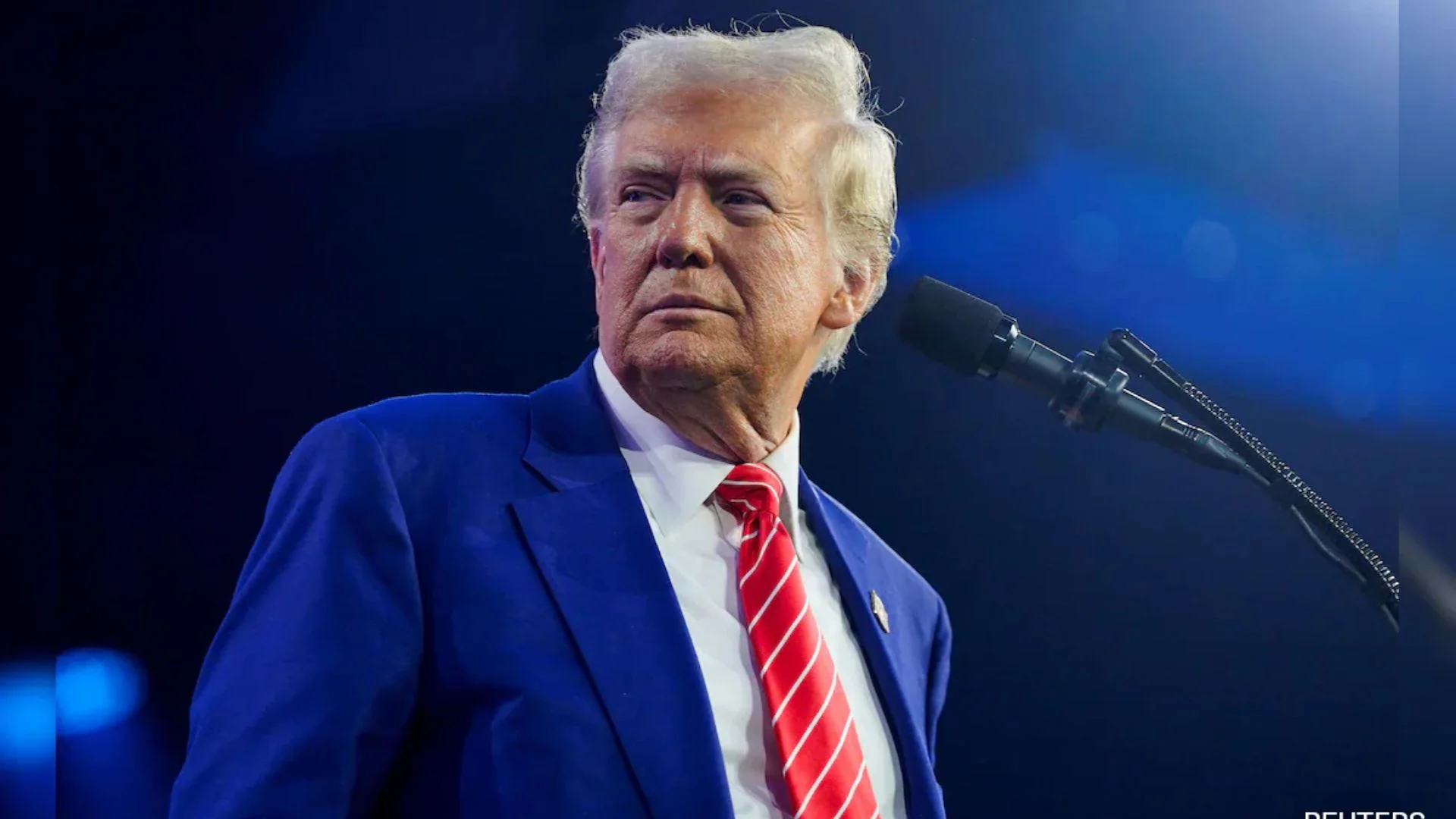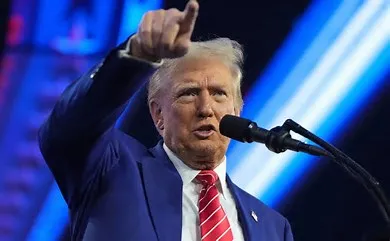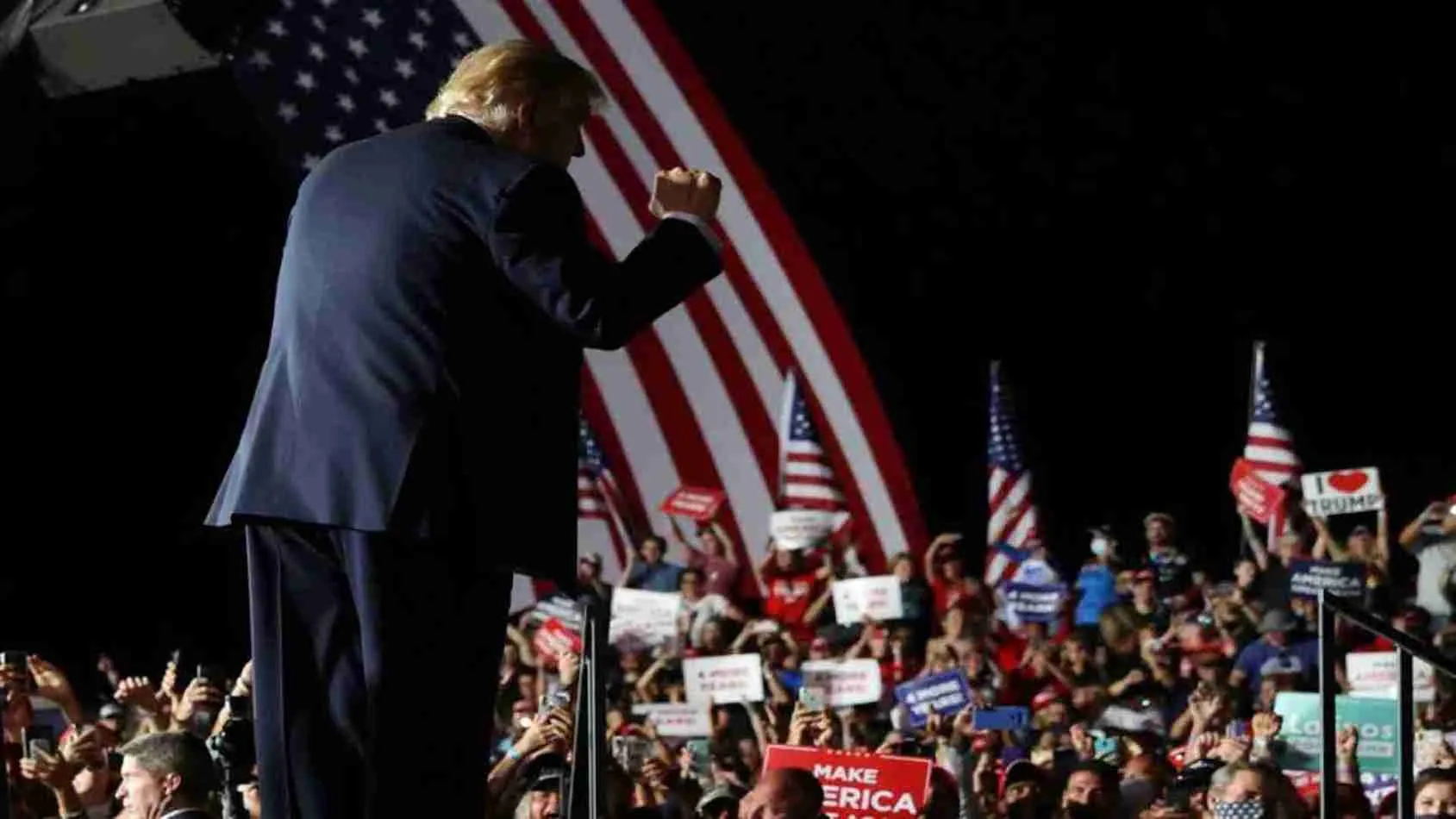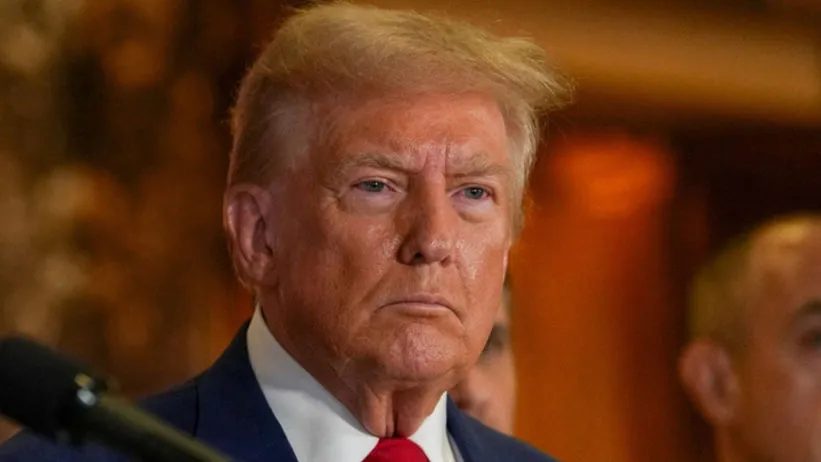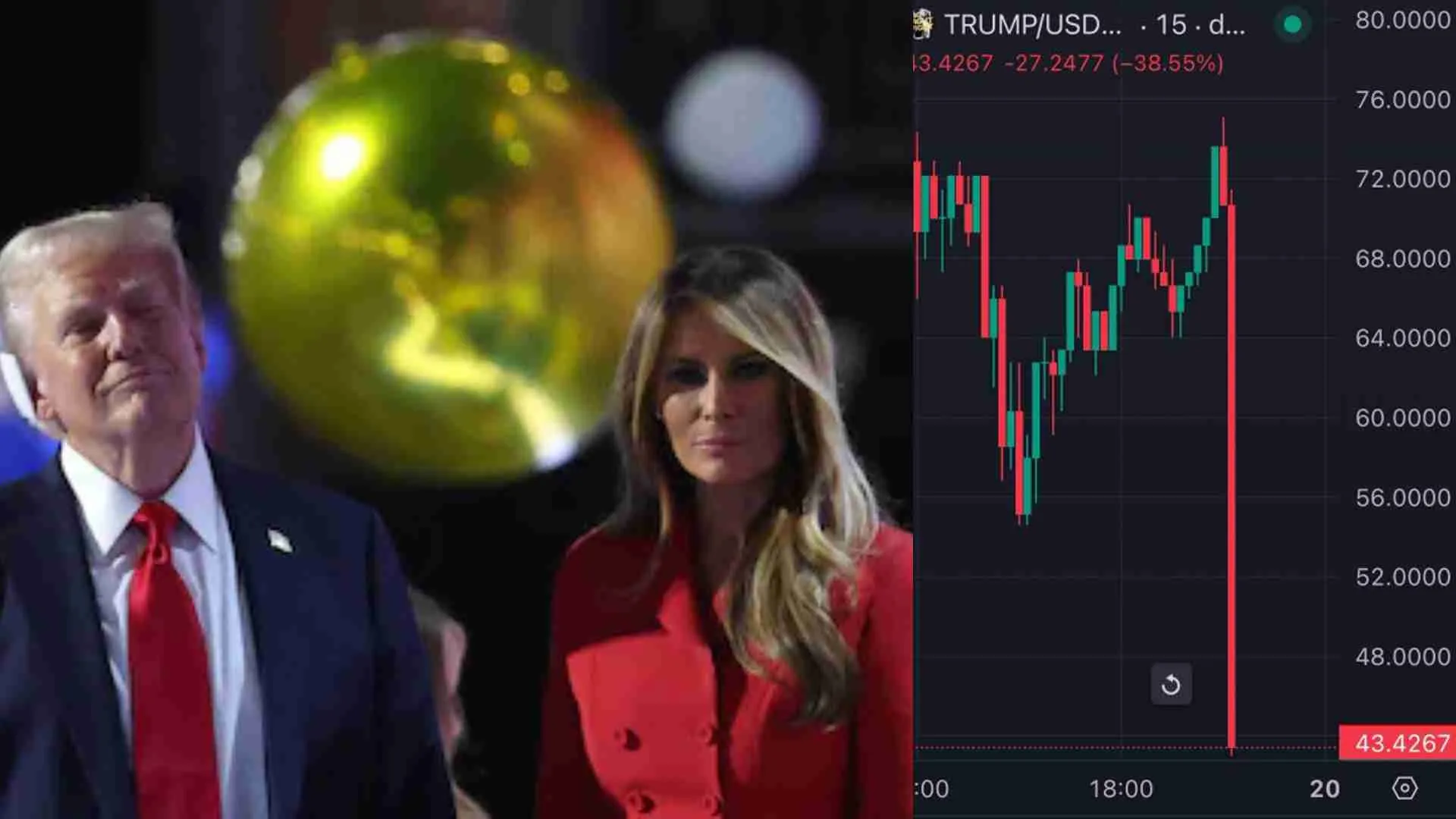President-elect Donald Trump has outlined his agenda for a second term, promising significant changes across key areas. His plans combine conservative policies on taxes, regulations, and cultural matters with a populist approach to trade and a reimagined role for the United States on the global stage.
As Trump prepares to take the oath of office in Washington on Monday, his priorities include reducing federal government involvement in civil rights issues while expanding presidential powers.
Key changes proposed by Donald Trump:
Immigration
Trump’s immigration proposal, which has evolved from his 2016 campaign slogan “Build the wall!”, now includes plans to create the “largest mass deportation program in history.” He intends to involve the National Guard and empower domestic police forces, though specific details remain limited.
The plan features “ideological screening” for entrants, ending birthright citizenship, reinstating the “remain in Mexico” policy, and restricting migration on public health grounds. Additionally, it aims to target illegal immigration while significantly reducing overall immigration, including from certain majority-Muslim nations.
Abortion
Trump has minimized the focus on abortion for his second term, despite taking credit for the Supreme Court’s decision to end the federal right to abortion and return the matter to the states. He opposed a national abortion ban in the GOP platform and has indicated he would veto any federal ban.
It remains uncertain whether his administration will defend legal challenges related to restrictions on abortion pills, such as mifepristone. Additionally, Trump is unlikely to enforce Biden’s directive requiring hospitals to provide abortions in medical emergencies in states with bans.
Taxes
Trump’s tax policies are designed to benefit corporations and wealthier Americans, largely by extending his 2017 tax overhaul, which includes reducing the corporate tax rate to 15 percent. His plan also reverses income tax increases on the wealthiest individuals and eliminates taxes from the Inflation Reduction Act aimed at addressing climate change.
At the same time, Trump has proposed measures to benefit working- and middle-class Americans, such as exempting earned tips, Social Security wages, and overtime wages from income tax. However, the tip proposal could inadvertently benefit higher earners, allowing them to reclassify part of their income as tip earnings.
Tariffs and trade
Donald Trump considers international trade harmful to American interests and supports imposing tariffs of 10 to 20 percent on foreign goods, with the possibility of even higher rates. He plans to reinstate a 2020 executive order that mandates the federal government purchase “essential” medications exclusively from U.S. companies. Furthermore, he pledges to block Chinese buyers from acquiring any critical U.S. infrastructure.
Education
In a second Trump administration, the Department of Education would be targeted for elimination. However, Trump still proposes using federal funding to influence K-12 school systems by pressuring them to abolish tenure, adopt merit-based pay for teachers, and eliminate diversity programs. He seeks to pull federal funding from schools promoting Critical Race Theory, gender ideology, or other controversial content.
For higher education, Trump plans to take control of accreditation processes, referring to it as his “secret weapon” against what he describes as left-wing influence in colleges. He intends to tax, fine, and sue large private university endowments of schools that fail to comply with his policies, potentially leading to legal challenges. Instead of reducing federal power in education, Trump proposes strengthening it by redirecting confiscated endowment funds into a tuition-free “American Academy,” which would offer online college credentials without political agendas.
Social Security
Trump has pledged to protect Social Security and Medicare, two essential programs for older Americans and significant components of federal spending. However, concerns persist about how his proposal to exempt tips and overtime wages from taxes might impact these programs. If the exemption applies solely to income taxes, the entitlement programs would remain unaffected.
However, exempting these wages from payroll taxes could reduce funding for Social Security and Medicare. While Trump has not emphasized Medicaid during this campaign, his first administration altered the program by allowing states to implement work requirements for recipients.
Workers
Trump and Vice President-elect JD Vance have framed their ticket as one that supports America’s workers. However, Trump’s policies may complicate efforts for workers to unionize.
When addressing auto workers, Trump mainly focused on President Biden’s push for electric vehicles and frequently criticized union leaders, accusing them, along with CEOs, of being complicit in the “disastrous electric car scheme.” In an October 23, 2023, statement, Trump told the United Auto Workers, “I’m telling you, you shouldn’t pay those dues.”
Regarding national defense and America’s role in the world, Trump’s foreign policy is more isolationist, non-interventionist militarily, and protectionist economically than the U.S. has experienced since World War II. His plans include expanding the military, shielding Pentagon spending from austerity measures, and introducing a new missile defense shield—a concept from the Reagan era. Trump claims he can end Russia’s war in Ukraine without providing specifics on how, summarizing his approach with the Reagan phrase “peace through strength.”
However, he remains critical of NATO and U.S. military leadership, stating, “I don’t consider them leaders,” referring to Pentagon officials seen by Americans “on television.” He has also praised authoritarian leaders like Hungary’s Viktor Orban and Russia’s Vladimir Putin.

